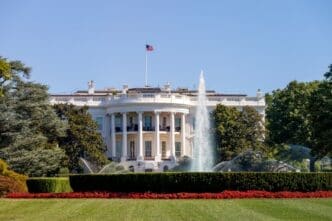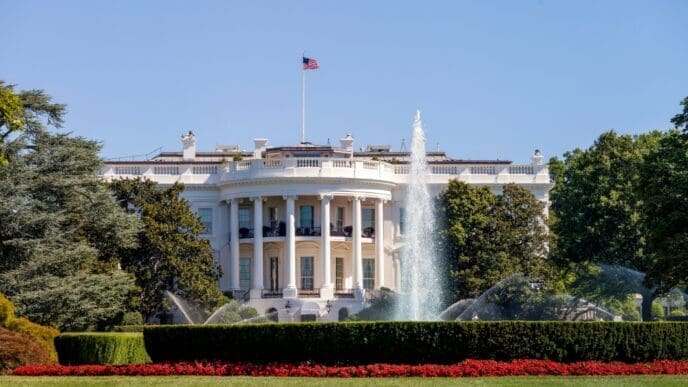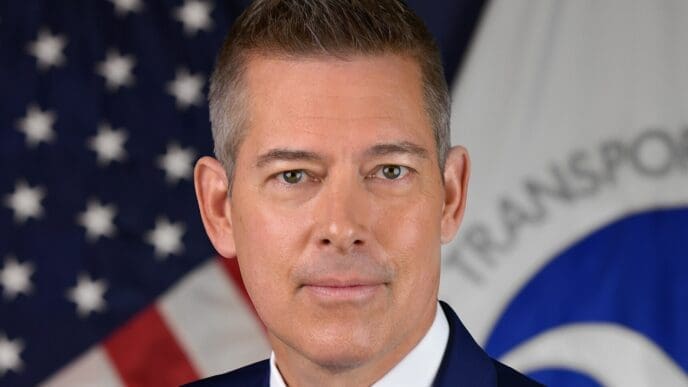In a recent move significant to educational policies, Oklahoma has mandated the inclusion of the Bible in school curriculums. This decision has sparked a range of reactions, notably from Pastor and Oklahoma Senator James Lankford, who finds himself at the center of this development.
Discussing the new requirement, Sen. James Lankford emphasized the potential educational benefits of incorporating the Bible into school lessons. His background as both a political figure and a pastor gives him a unique perspective on the matter. According to Lankford, understanding religious texts can enhance students’ historical and cultural knowledge, providing a broader educational experience. He suggests that this initiative is not about promoting religious beliefs but rather about appreciating the Bible as a significant historical document.
However, the decision has not been without controversy. Critics argue that mandatory Bible study in schools could blur the lines between church and state, raising constitutional concerns about religious freedom and governmental neutrality. These critics fear that the policy might lead to a preferential treatment of one religious view over others, which could alienate students of different faiths or none at all.
Sen. Lankford responded to these concerns by clarifying that the Bible would be treated as a historical text rather than a religious doctrine. He stressed the importance of presenting the Bible in an educational context, focusing on its literary and historical aspects. This, he hopes, will prevent any perceived endorsement of a particular religious view.
The pastor-senator remains optimistic about the new requirement’s potential to enrich educational content across Oklahoma. While recognizing the challenges, he advocates for a balanced approach that upholds educational integrity while respecting diverse beliefs.
The introduction of the Bible in Oklahoma schools marks a notable shift in educational policy, bringing both opportunities and challenges. While the initiative aims to broaden students’ understanding of history and culture, it also sparks essential debates about the role of religion in public education. The ongoing discussion highlights the need for careful consideration in implementing such policies, ensuring they respect constitutional boundaries while enhancing educational value.
Source: CNN












